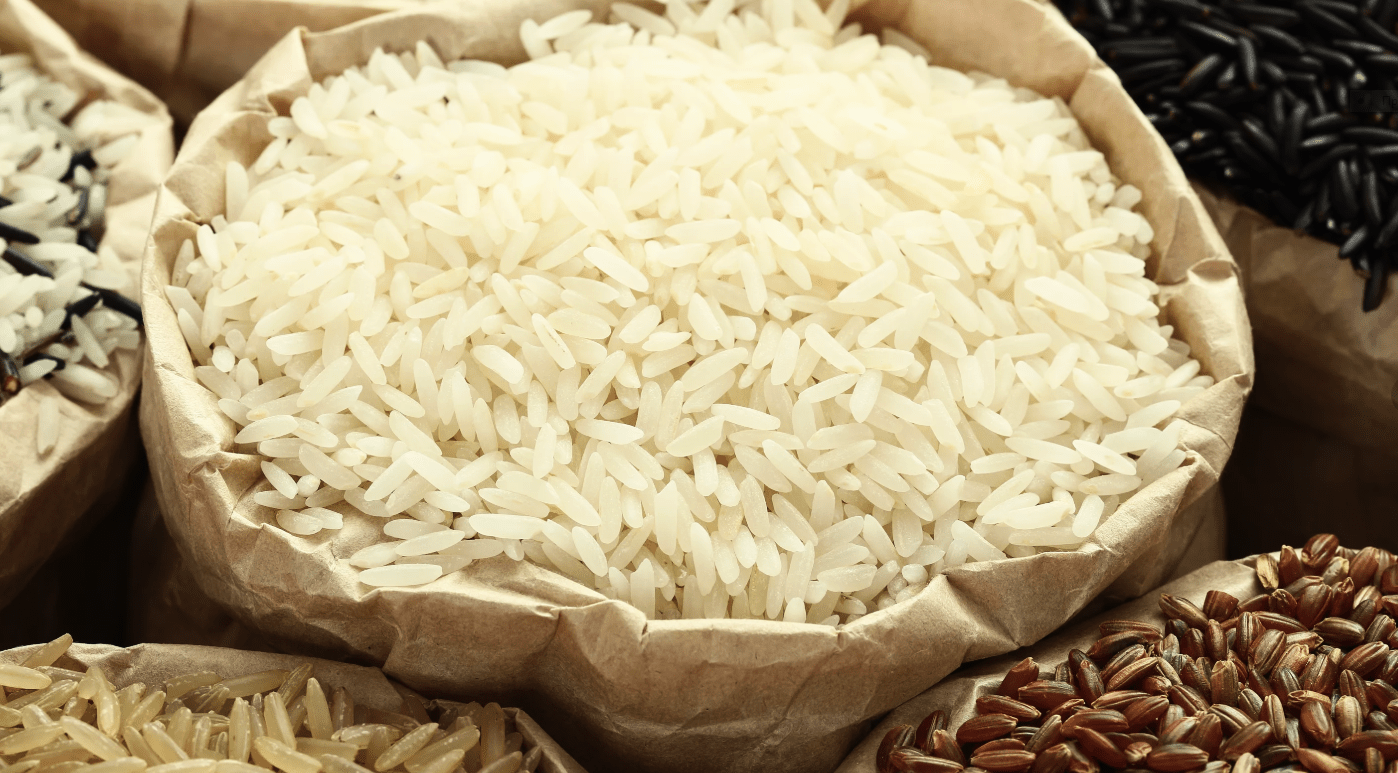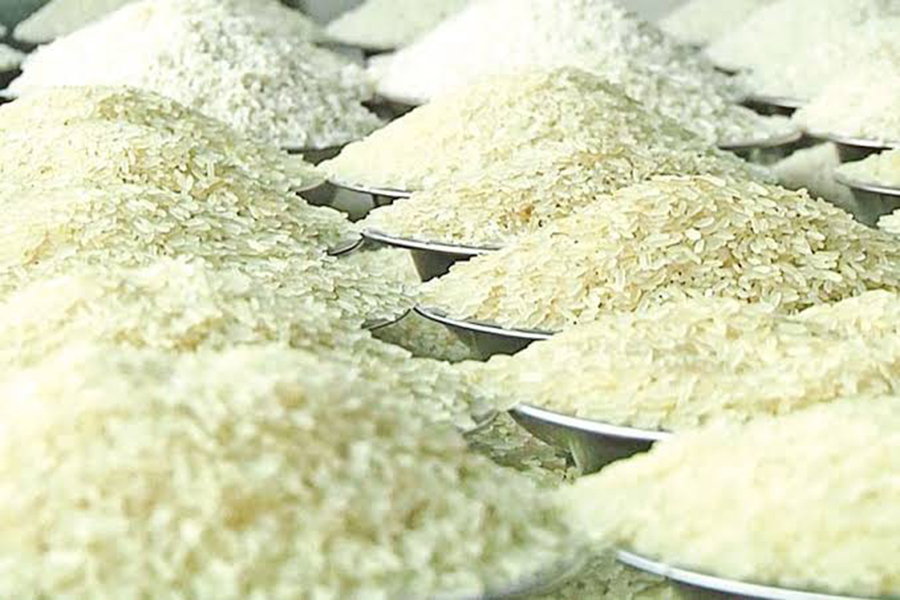Tags
Rice has a methane problem that a startup is promising to fix

Rice is responsible for about 10% of global methane emissions, due to the way it’s grown. | BLOOMBERG
Rice farming is a surprisingly large source of planet-warming methane. Yet while a solution to tackle emissions has existed for decades, farmers haven’t embraced it. Now, a startup has found a way to get them on board with a technique that can halve harmful emissions.
Singapore-based Rize has raised $14 million in Series A funding, a round co-led by Breakthrough Energy Ventures, GenZero, Temasek and Wavemaker Impact.
Rice is responsible for about 10% of global methane emissions, due to the way it’s grown. The crop is largely grown in flooded fields as a weed-avoidance practice, since other grasses aren’t adapted to live under flooded conditions. The water cuts off soil and organic matter from oxygen, which leads to the production of methane, a gas that has 80 times the near-term global warming potential of carbon dioxide.
Rize plans to tackle this issue by helping farmers use a simple technique called alternate wetting and drying, which involves drying out rice paddies for brief periods throughout the season. As the rice canopy grows, it becomes safe to dry out the field and thus reduce methane emissions. It’s a proven technique, but farmers aren’t implementing it because they have no incentive to, according to Ben Runkle, an associate professor at the University of Arkansas’s Department of Biological and Agricultural Engineering.
Rize gets around that hurdle by selling farmers seeds, fertilizer, pesticides and other inputs for a slightly lower price than local farm stores in exchange for implementing the practice. It can offer a lower price by buying those supplies in bulk at wholesale discounts that smallholder farms can’t get, said Chief Executive Officer Dhruv Sawhney.
Farmers “are taking a risk on their livelihood every time they change an agricultural practice, especially one like changing your irrigation practice,” said Marie Cheong, founding partner of Wavemaker Impact. “So we had to really think through what would be the right incentive model for farmers adopting this practice to be worthwhile.”
Through on-the-ground research with farmers, Rize’s investors discovered that the three things that influenced farmer behavior were improving yield, helping increase sales prices and cheaper inputs. The last is the simplest lever to pull. Armed with this information, the investors put together a plan for what would become Rize and then brought in a team to execute the vision.
Currently, the startup is working with farming co-ops in Indonesia and Vietnam and plans on expanding to other parts of South and Southeast Asia. It also plans on expanding its revenue stream as early as this year to include the sale of carbon credits Rize will generate from the resulting methane emissions reductions, revenue which it plans on splitting with farmers, Sawhney said.
The company is now on its third farming season and services about 2,500 hectares. Early tests showed methane emissions reduced by as much as 50%. Farmers working with Rize haven’t noticed any drop in yield, with some even experiencing small improvements in yield and bottom line, according to Sawhney. That’s contributed to the startup’s 98% farmer retention rate. Still, that’s a minuscule proportion of the land used for rice farming; Vietnam alone has about 7 million hectares of fields.
With the Series A funding secured, the company plans to increase the number of hectares using its tools by 25 times, said Cheong. Still, scaling alternate wetting and drying is not a completely risk-free method of abating methane emissions: Predicting and quantifying how much methane emissions are avoided at a large scale “is still an open question,” said Runkle. And if it’s not done correctly, there’s a risk of drought stress and disease, which could hurt farmer retention and uptake. Scientists have also been researching genetically engineered solutions as another avenue to curtail methane production.
Eventually, the company hopes to pilot other technologies and agricultural practices with its network of farmers to reach its goal of eliminating 100 million metric tons of carbon dioxide equivalent emissions.
“Our role is to be that platform, that operating system, where all these technologies can come in,” Sawhney said. Rize is also considering piloting parametric weather insurance targeted at key risks for farmers, a growing area of climate tech investment.
https://www.japantimes.co.jp/environment/2024/05/09/sustainability/rice-methane-problem-startup/Published Date: May 9, 2024






